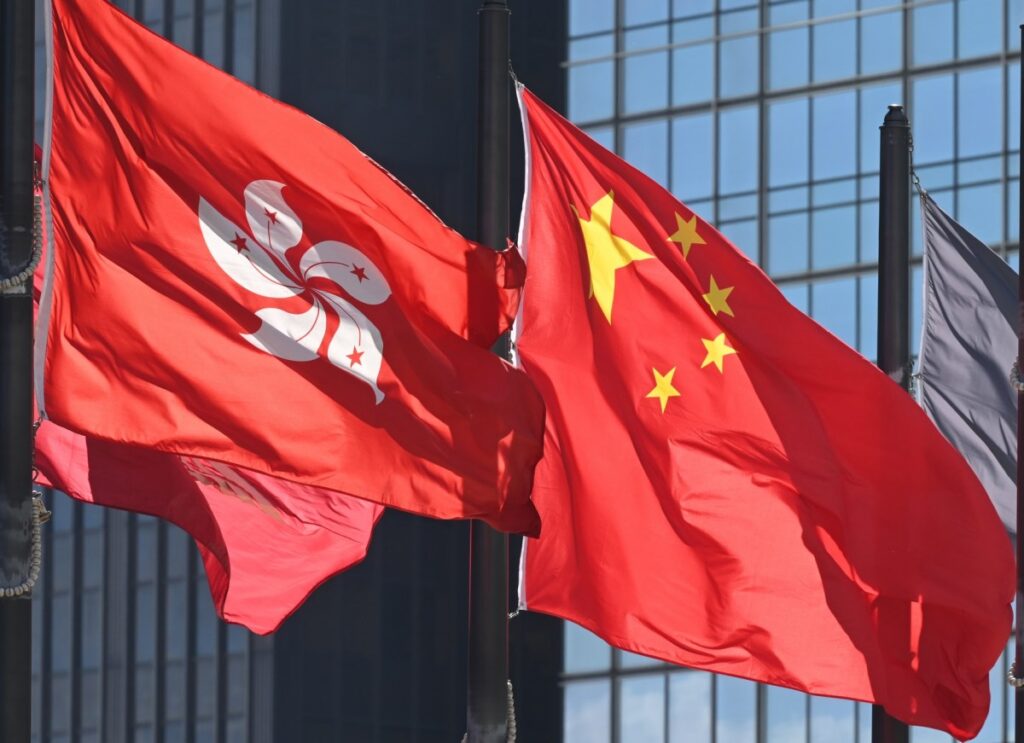These measures are part of the US’s continued efforts to challenge China’s actions in Hong Kong.
By Titilope Adako

The United States imposed sanctions on Hong Kong’s police chief, Raymond Siu Chak-yee, and the city’s justice secretary, Paul Lam, on Monday, along with several other officials, citing human rights concerns following China’s crackdown in the region.
The sanctions, which block any US-based interests and criminalize financial transactions with the targeted officials, mark a rare human rights-related action by the Trump administration.
These measures are part of the US’s continued efforts to challenge China’s actions in Hong Kong.
Secretary of State Marco Rubio stated that the sanctions aim to hold accountable those responsible for depriving Hong Kong residents of protected rights and freedoms.
The sanctions also target individuals involved in repressing pro-democracy activists abroad, including 19 who fled Hong Kong, one of whom is a US citizen.
Additionally, the US State Department highlighted some of these officials’ roles in efforts to intimidate, silence, and harass pro-democracy figures, including US residents.
In response, Hong Kong condemned the sanctions, accusing the US of attempting to intimidate officials who are safeguarding national security.
The Hong Kong government’s statement described the sanctions as exposing the “barbarity” of US hegemony, drawing parallels to the US’s broader tactics of bullying and coercion in various countries and regions.
The Chinese Ministry’s commissioner in Hong Kong also denounced the sanctions as “unreasonable” and pledged that Beijing would take “effective measures for resolute retaliation” against the actions.
Hong Kong’s Chief Executive, John Lee, is already under US sanctions, which adds to the ongoing tensions between Washington and Beijing over the region’s political future.
The sanctions were imposed under a US law that supports Hong Kong’s democracy, further intensifying the dispute between the US and China over the city’s autonomy.
In a separate action on the same day, Rubio announced visa restrictions on unspecified Chinese officials in response to their denial of access to US diplomats, journalists, and others in Tibet.
These visa curbs are part of a broader set of sanctions aimed at holding Chinese officials accountable for their treatment of ethnic minorities and activists.
Rubio had previously imposed sanctions on Thai officials for deporting Uyghur minorities back to China, continuing his push to address human rights violations worldwide.
This ongoing series of measures underscores the US’s critical stance on China’s human rights record, particularly in Hong Kong and Tibet.
KoikiMedia Bringing the World 🌍 Closer to Your Doorstep
